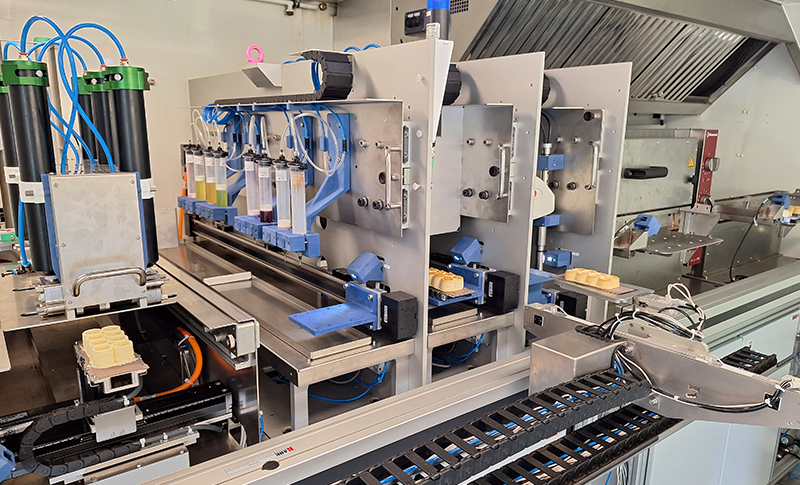This was discovered by Marieke Schut, who obtained her doctor’s degree in Human Nutrition and Health on this research. Smelt works at the Catharina Hospital in Eindhoven and obtained her PhD on 16 September.
After a gastric bypass, patients run the risk of vitamin deficiency. ‘Changes in the gastrointestinal tract reduced the uptake of nutrients, vitamins and minerals after a gastric bypass’, Smelt explains. ‘This can cause a deficiency in vitamins and minerals even if the patient follows a healthy diet.’
To prevent deficiencies, patients are prescribed vitamin supplements specially designed for people who have had weight-loss surgery. However, Smelt’s research shows that a considerable portion of the patients (22 per cent) fail to take the supplements on a daily basis. Not good, says Smelt. A shortage of vitamins increases the patients’ risk of medical complications such as anaemia, damage to the central nervous system, atrophy and osteoporosis. Smelt was eager to learn why the patients do not take the prescribed supplements. ‘We can only design a solution if we know the answer to this question.’
Better communication
Over 4600 patients, distributed over four hospitals in the Netherlands, completed a questionnaire on their use of multivitamins. The main reasons patients fail to take the supplements are side effects, gastrointestinal issues, a bad taste or smell or a lack of information. The costs of the supplements, which health insurance companies do not compensate for, are another important reason. Additionally, 30 per cent of the patients were dissatisfied with the information given to them by the care providers in the hospital on the importance of multivitamins. ‘Apparently, as professionals, we are not handling this correctly’, says Smelt.
The study provides insight into how patients may be assisted in a more targeted manner. Steps have already been taken, says Smelt. ‘The Catharina Hospital has already opened a stomach outpatient clinic for patients with gastrointestinal disorders. We also discuss patients’ preferences and possible thresholds for taking the supplements.’
Insurance
Manufacturers of the supplements are working on improvements in taste and smell. Smelt says that insurance companies also have a part to play. ‘A gastric bypass is not a quick fix for obesity. It requires lifelong treatment, with supplements, among other things. It is important that insurance companies acknowledge this and reimburse the costs. Reimbursement is simply cheaper. Failure to do so may lead to medical issues, the cost of which are ultimately much higher.’




